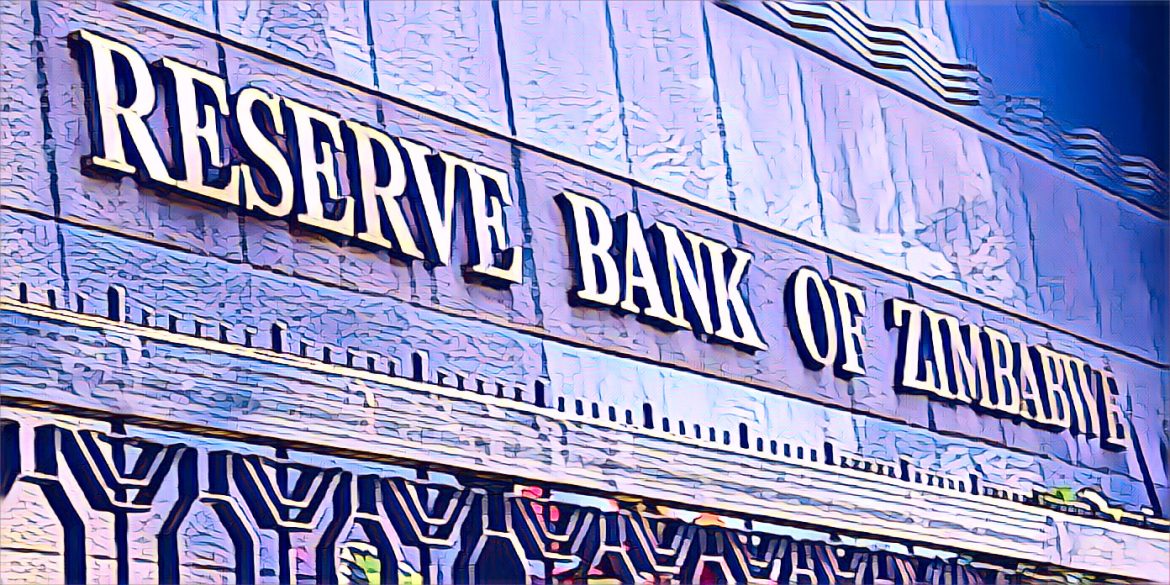The Reserve Bank of Zimbabwe (RBZ) is currently embroiled in a legal battle, facing accusations of failing to provide ordinary Zimbabweans with legitimate means to access foreign currency. This issue stems from the necessity for foreign currency to cover essential services such as passport fees, petrol, and rentals, which are often priced exclusively in dollars.
Political activist Linda Tsungirirai Masarira has taken the central bank to court, arguing that the arrests of people who deal in foreign currency on the streets point to a larger problem: the lack of a formal platform for the average citizen to obtain foreign currency legally. Prior to the authorities stepping up their restrictions on illegal currency trading, many people relied on the parallel market to meet their foreign exchange needs.
This restriction has resulted in a number of arrests, including both suspected forex dealers and regular citizens caught transacting on the streets. Masarira argues that these arrests should not continue as long as the RBZ does not provide a substitute way for citizens to access foreign currency. She believes that the current regulatory framework should be amended to a foreign currency through formal institutions like bureaux de change or banks, especially since informal markets are now criminalized.
Masarira’s legal challenge sheds light on the real impact of these restrictions on ordinary Zimbabweans, especially in a country operating under a multi-currency system. In her court application, Masarira points out that many essential goods and services, including passports, vehicle import duties, and fuel, require payments exclusively in foreign currencies like the U.S. dollar.
Furthermore, she criticizes government agencies for demanding payments in foreign currency while failing to ensure adequate forex availability through official channels. She emphasizes that the existing legal framework restricts the general public’s ability to purchase foreign currency, infringing upon her rights and those of other citizens.
Until recently, Masarira notes, the forex available in banks was primarily reserved for a select group of elites through the Dutch auction system established on June 23, 2020. There was no provision for ordinary citizens to buy forex, which disproportionately favored importers with verifiable foreign invoices, as outlined in the 2024 Monetary Policy Statement.
In her application, Masarira argues for an expansion of the current legal provisions to facilitate broader public access to forex. She suggests that the willing-buyer-willing-seller system, adopted after the Foreign Exchange Auction System was discontinued in April 2024, should be extended to include everyday citizens needing forex for routine transactions.
She also calls for operational changes in how bureaux de change function, proposing they should be allowed to sell foreign currency to individuals for domestic transactions without requiring receipts for external payments. This would mitigate the need to resort to informal channels, which are often the only option for many.
Additionally, Masarira urges the RBZ to work with telecommunications operators like EcoCash, Netcash, and Telecash to simplify public access to forex. She proposes that mobile money agents, currently banned, could act as bureaux de change, facilitating small, everyday foreign currency transactions for the general populace.


